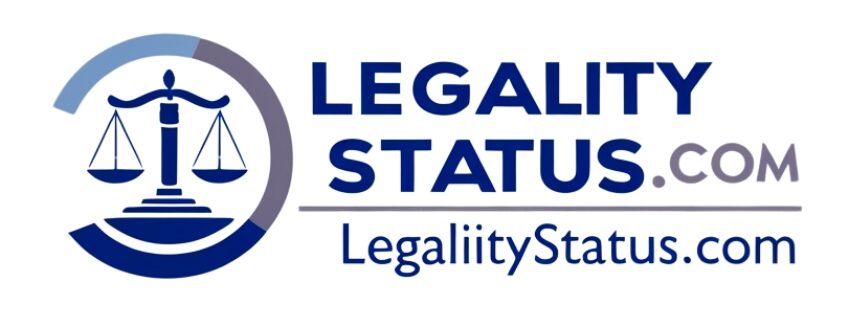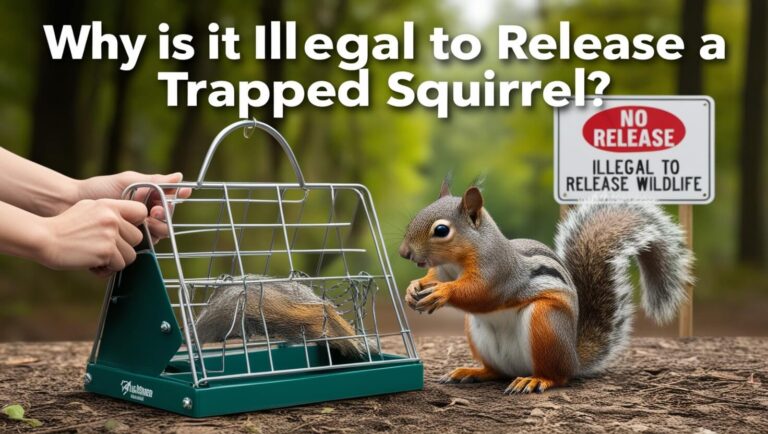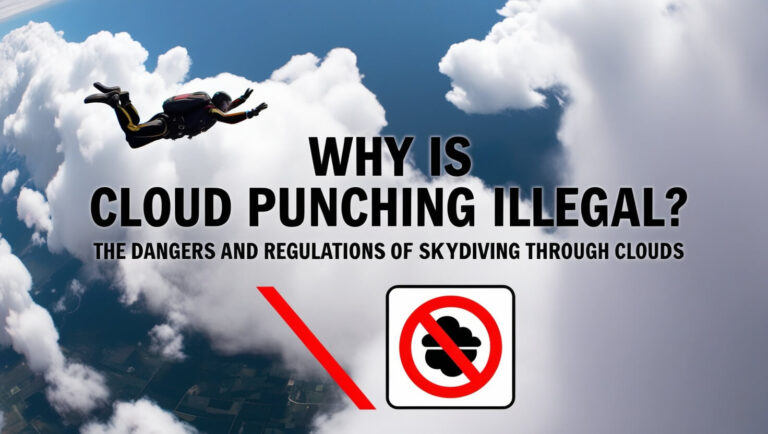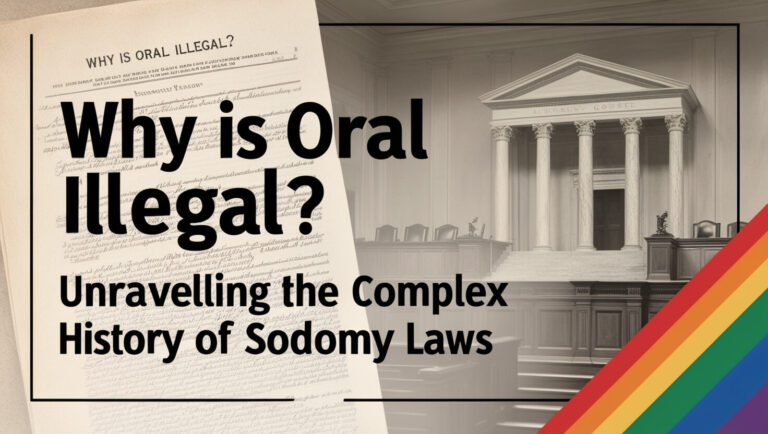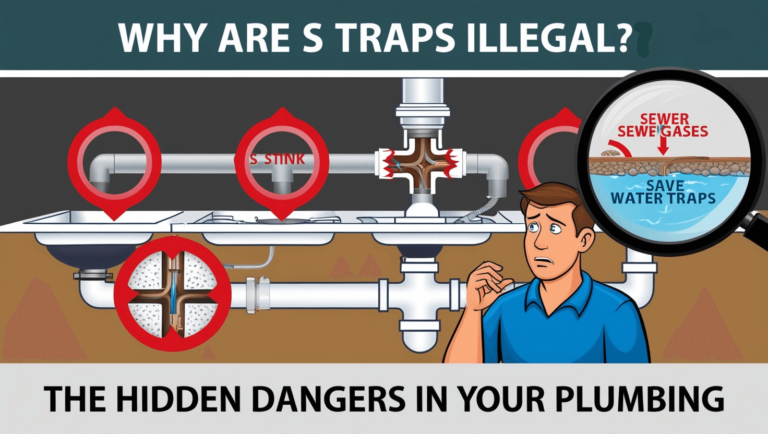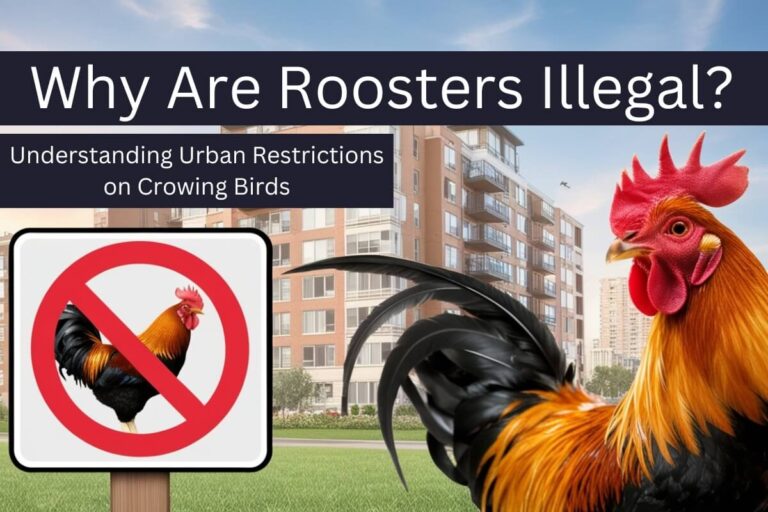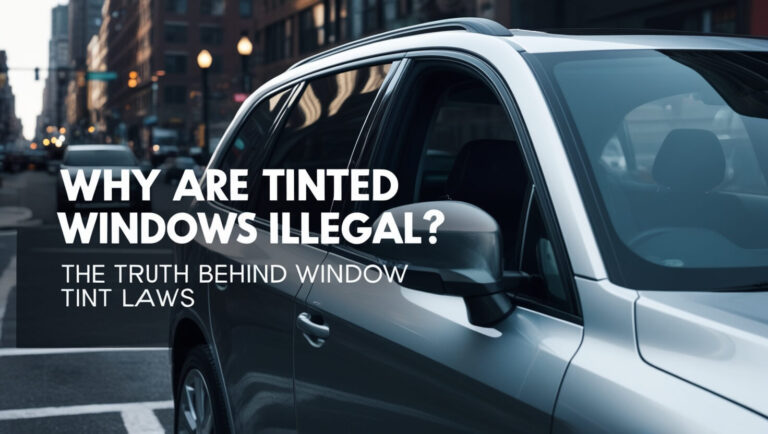Why Are Fireworks Illegal in New York? A Complete Guide

Fireworks are illegal in New York due to safety concerns, historical incidents, and strict state regulations. While some counties allow limited use of sparkling devices, most fireworks remain prohibited across the state. This comprehensive guide explores the reasons behind New York’s fireworks ban, its implications, and what residents need to know about celebrating safely and legally.
The Legal Landscape of Fireworks in New York
Overview of New York State Fireworks Laws
New York maintains some of the strictest fireworks laws in the United States. The state prohibits the sale, possession, and use of most consumer fireworks. This blanket ban covers a wide range of pyrotechnic devices, from firecrackers and bottle rockets to Roman candles and aerial shells.
Differences Between New York City and State Regulations
While New York State law sets the overall framework, individual counties and cities can impose even stricter regulations. New York City, in particular, enforces a zero-tolerance policy on all consumer fireworks, including sparklers. This means that what might be legal in upstate counties could land you in trouble within city limits.
Definition of Illegal Fireworks in New York
Under New York law, illegal fireworks include:
- Firecrackers
- Bottle rockets
- Roman candles
- Spinners
- Aerial devices
- Any firework that launches into the air
The state defines these items as “dangerous fireworks” due to their explosive nature and potential for causing injury or property damage.
Historical Context: The Evolution of Fireworks Laws in New York
Early Fireworks Regulations in New York
New York’s history with fireworks regulation dates back to the early 20th century. Initial laws focused on preventing large-scale accidents and fires in densely populated areas. As urban centers grew, so did the concern over uncontrolled fireworks use.
Key Legislative Changes Over the Years
Significant changes to fireworks laws occurred in the mid-20th century, with the state gradually tightening restrictions. The 1940s and 1950s saw a series of tragic incidents that prompted lawmakers to take a harder stance on consumer fireworks.
Recent Updates to New York Fireworks Laws
In 2014, New York slightly relaxed its stance by allowing certain counties to permit the sale and use of sparkling devices. However, this change did not apply to New York City or several other counties. The most recent updates have focused on clarifying definitions and enhancing penalties for violations.
Safety Concerns: The Primary Reason for Fireworks Bans
Fireworks-Related Injuries and Accidents in New York
Safety is the cornerstone of New York’s fireworks ban. According to state data, there were 173 fireworks-related injuries in 2022 alone. Approximately 25% of these injuries affected individuals 18 years old or younger, highlighting the particular risk to children and teenagers.
Fire Hazards Associated with Fireworks
Fireworks pose a significant fire risk, especially in urban areas with closely packed buildings. A single stray spark can ignite a blaze, potentially causing widespread damage. New York’s fire departments have long advocated for strict fireworks controls to prevent such incidents.
Noise Pollution and Its Impact on Communities
Beyond physical safety, fireworks create substantial noise pollution. This can be particularly distressing for pets, veterans with PTSD, and individuals with sensory sensitivities. The loud, unexpected bangs from illegal fireworks can disrupt entire neighborhoods and strain community relations.
Legal Consequences of Using Illegal Fireworks in New York
Penalties for Possession and Use of Illegal Fireworks
Violating New York’s fireworks laws can result in serious legal consequences. Penalties may include:
- Fines up to $1,000
- Arrest and potential jail time
- Felony charges for larger quantities or repeat offenses
The severity of the punishment often depends on the type and quantity of fireworks involved, as well as the individual’s prior record.
Enforcement Strategies by New York Law Enforcement
New York law enforcement agencies take a proactive approach to fireworks enforcement, especially around major holidays like the Fourth of July. Strategies include:
- Increased patrols in known hotspots
- Undercover operations to identify sellers
- Public education campaigns
- Tip lines for reporting illegal fireworks activity
High-Profile Cases of Fireworks Violations
Several high-profile cases have reinforced the seriousness of fireworks violations in New York. These incidents often involve large-scale seizures or injuries resulting from illegal use. Such cases serve as cautionary tales and reinforce the state’s commitment to enforcing fireworks laws.
Exceptions to the Fireworks Ban in New York
Sparkling Devices: The Only Legal “Fireworks” in Some Counties
While most fireworks remain illegal, New York does allow the sale and use of sparkling devices in certain counties. These items are not considered true fireworks under state law but rather “sparkling devices.” They include:
- Hand-held sparklers on wooden sticks
- Ground-based sparklers
- Party poppers
- Snappers
Counties Where Sparkling Devices Are Permitted
As of 2024, sparkling devices are legal in most New York counties, with notable exceptions including:
- New York City (all five boroughs)
- Nassau County
- Suffolk County
- Westchester County
- Several upstate counties
Residents should always check their local laws, as regulations can change and vary by municipality.
Restrictions on Sale and Use of Sparkling Devices
Even where legal, sparkling devices face strict regulations:
- Sales are limited to specific periods around July 4th and New Year’s Eve
- Buyers must be at least 18 years old
- Devices must contain less than 500 grams of pyrotechnic material
- Use is restricted to private property with the owner’s permission
Professional Fireworks Displays in New York
Licensing and Permit Requirements for Pyrotechnicians
While consumer fireworks are largely banned, professional displays remain an integral part of New York’s celebrations. Pyrotechnicians must undergo rigorous training and licensing processes to conduct these shows legally. Requirements include:
- State certification
- Federal licensing
- Extensive safety training
- Regular inspections of equipment and procedures
Major Fireworks Events in New York
Despite the restrictions on personal use, New Yorkers can still enjoy spectacular fireworks displays at sanctioned events. Some of the most famous include:
- Macy’s Fourth of July Fireworks over the East River
- New Year’s Eve celebration in Times Square
- Various summer festivals and events across the state
These shows demonstrate how fireworks can be enjoyed safely when handled by professionals.
Safety Measures for Professional Displays
Professional fireworks displays adhere to strict safety protocols, including:
- Detailed site inspections
- Weather monitoring
- Crowd control measures
- Coordination with local fire and police departments
- Use of computerized firing systems for precision and safety
These measures ensure that spectators can enjoy the spectacle without the risks associated with consumer fireworks.
The Economic Impact of Fireworks Bans in New York
Lost Revenue from Fireworks Sales
The ban on most consumer fireworks means New York misses out on potential tax revenue from legal sales. States with more lenient laws often see significant economic boosts around major holidays. However, New York prioritizes safety over this potential income.
The Underground Fireworks Market
Despite the ban, an illegal fireworks market persists in New York. This underground economy not only poses safety risks but also represents lost tax revenue and regulatory oversight. Law enforcement agencies continually work to disrupt these illegal supply chains.
Economic Benefits of Professional Fireworks Shows
While personal fireworks sales are limited, professional displays contribute to the local economy by:
- Attracting tourists to major events
- Creating jobs for pyrotechnicians and event staff
- Boosting sales for local businesses during large gatherings
These economic benefits offer a safer alternative to widespread consumer fireworks use.
Public Opinion and Debates on Fireworks Legalization
Arguments for Relaxing Fireworks Laws
Some New Yorkers advocate for loosening fireworks restrictions, citing:
- Personal freedom and tradition
- Potential economic benefits
- Comparison with other states’ more lenient laws
Proponents argue that responsible use by adults should be permitted, at least for certain types of fireworks.
Opposition to Fireworks Legalization
Those who support maintaining or strengthening the ban point to:
- Safety concerns, especially for children
- Fire risks in urban areas
- Disturbances to pets and wildlife
- Negative impacts on veterans and others sensitive to loud noises
Many safety organizations and community groups actively campaign to maintain strict fireworks laws.
Comparisons with Other States’ Fireworks Policies
New York’s stringent approach contrasts sharply with some neighboring states. Pennsylvania, for example, allows the sale of consumer fireworks, leading some New Yorkers to cross state lines for purchases (which remains illegal). These policy differences fuel ongoing debates about the appropriate level of regulation.
Alternatives to Personal Fireworks Use in New York
Legal Ways to Celebrate with Lights and Sounds
For those seeking festive alternatives, New York offers several legal options:
- LED light shows and projections
- Glow sticks and non-pyrotechnic sparklers
- Noise makers and party poppers
- Laser light displays
These alternatives provide visual excitement without the safety risks of traditional fireworks.
Community Events and Public Fireworks Displays
Many communities organize public events featuring professional fireworks displays. These offer a safe, legal way for residents to enjoy fireworks without personal risk or legal concerns. Local parks, fairgrounds, and waterfronts often host these events, especially around Independence Day.
Safe Alternatives for Children and Families
Families can explore numerous kid-friendly alternatives to fireworks, such as:
- Bubble machines
- Glow-in-the-dark games and accessories
- Colorful streamers and pinwheels
- DIY noisemakers and party favors
These options allow for festive celebration while teaching children about safety and legal compliance.
The Future of Fireworks Regulations in New York
Potential Changes to Fireworks Laws
While significant relaxation of fireworks laws seems unlikely in the near future, ongoing discussions may lead to minor adjustments. Potential areas for change include:
- Expanding the list of permitted sparkling devices
- Refining regulations for professional displays
- Enhancing penalties for illegal fireworks trafficking
Any changes would likely prioritize safety while potentially offering more options for celebration.
Technological Advancements in Fireworks Safety
Emerging technologies could influence future regulations. Innovations such as:
- Smart fireworks with enhanced safety features
- Environmentally friendly pyrotechnics
- Drone light shows as fireworks alternatives
These developments might offer new ways to balance tradition with safety concerns.
Balancing Tradition, Safety, and Personal Freedom
The ongoing challenge for New York lawmakers is to find a balance that respects holiday traditions, ensures public safety, and addresses personal freedom concerns. This delicate balance will likely continue to shape fireworks policy in the years to come.
Let’s Complete: Understanding New York’s Stance on Fireworks
New York’s strict fireworks laws stem from a long history of prioritizing public safety over personal use of pyrotechnics. While these regulations may seem restrictive to some, they reflect the state’s commitment to preventing injuries, fires, and disturbances in densely populated areas.
For New Yorkers looking to celebrate with a bang, the best options remain attending professional displays or exploring safe, legal alternatives. As debates continue and technology evolves, the state’s approach to fireworks may see subtle shifts, but the core focus on safety is likely to remain unchanged.
Understanding why fireworks are illegal in New York helps residents make informed decisions about holiday celebrations. By respecting these laws and embracing safe alternatives, New Yorkers can enjoy festive occasions while contributing to the well-being of their communities.
